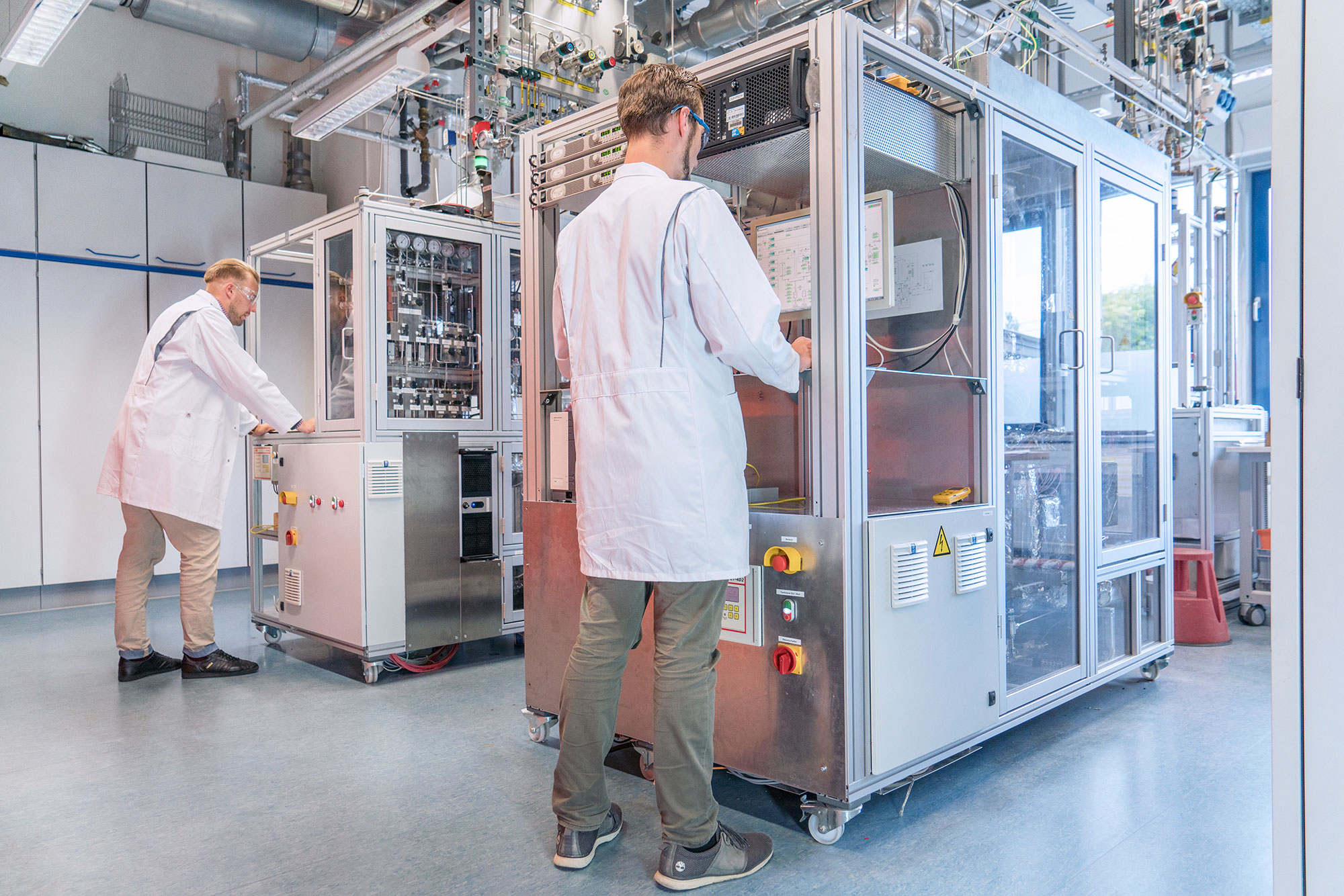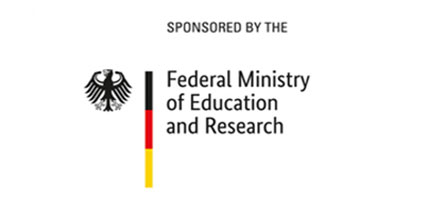Research consortium supports Chile on the way to large-scale production of green hydrogen energy carriers
In the BMBF project "Power-to-MEDME-FuE", a research consortium with the participation of Fraunhofer IKTS is evaluating the production potential of hydrogen and liquid fuels from solar energy in Chile. In addition to the technical issues, economic, logistical and socio-economic aspects of scaling up are being examined. The project team is also supporting the establishment of a pilot production facility for methanol and dimethyl ether (DME) in Chile. Fraunhofer IKTS is contributing its expertise in the evaluation of various electrolysis technologies.
In future, Germany will cover a large part of its demand for green hydrogen and its derivatives through imports. With its excellent solar potential, good infrastructure and stable economic conditions, Chile can make an important contribution to the production of green hydrogen and its derivatives – and thus also play a central role in supplying Germany with climate-friendly energy sources.
The "Power-to-MEDME-FuE" project aims to contribute to unlocking Chile's potential for the production of CO2-free energy sources. Under the leadership of Fraunhofer IEE, the partners are conducting research along the entire value chain, starting with the production of green hydrogen from renewable energies, through CO2 capture in cement production, to the production of power-to-X products such as methanol and dimethyl ether (DME). The aim is to reduce costs and increase efficiency along the entire process chain and to optimize potential local and international sales markets and business models. The qualification of local specialists for the construction and operation of the plants along the process chain is another objective of the project.
In addition to Fraunhofer IEE and Fraunhofer IKTS, the project partners are the Fraunhofer Institutes ISE, IMM, ISC/HTL, IAP-CAN and Fraunhofer Chile as well as the Chair of Thermodynamics of Mobile Energy Conversion Systems at RWTH Aachen University and the RILLL Research Institute on Lifelong Learning. The Federal Ministry of Education and Research (BMBF) is supporting the project with over 11 million euros.
The research focus of Fraunhofer IKTS is on evaluating different electrolysis technologies and comparing key technical and economic parameters. "The use of dimethyl ether (DME) as a transport medium is an interesting option for the sustainable import of green hydrogen. However, when evaluating the transport chain, all sub-steps of production and conversion as well as the framework conditions in the exporting country must be taken into account. This also includes the availability of water, including water treatment, and the efficiency of the individual process stages. We also consider, for example, heat integration within the overall process," summarizes Dr. Matthias Jahn, Head of the Energy and Process Engineering Department at Fraunhofer IKTS. The considerations are intended to support the process selection and take local framework conditions in Chile into account in the techno-economic evaluation. To this end, discussions are also being held with stakeholders in Chile.
Lars Metkemeyer from Fraunhofer Chile sees significant added value for the country's development by establishing a complete value chain for new sustainable processes and technologies in Chile. The Germany-Chile energy partnership established in 2019 demonstrates the importance of Chile for the future energy supply of Germany and Europe.

